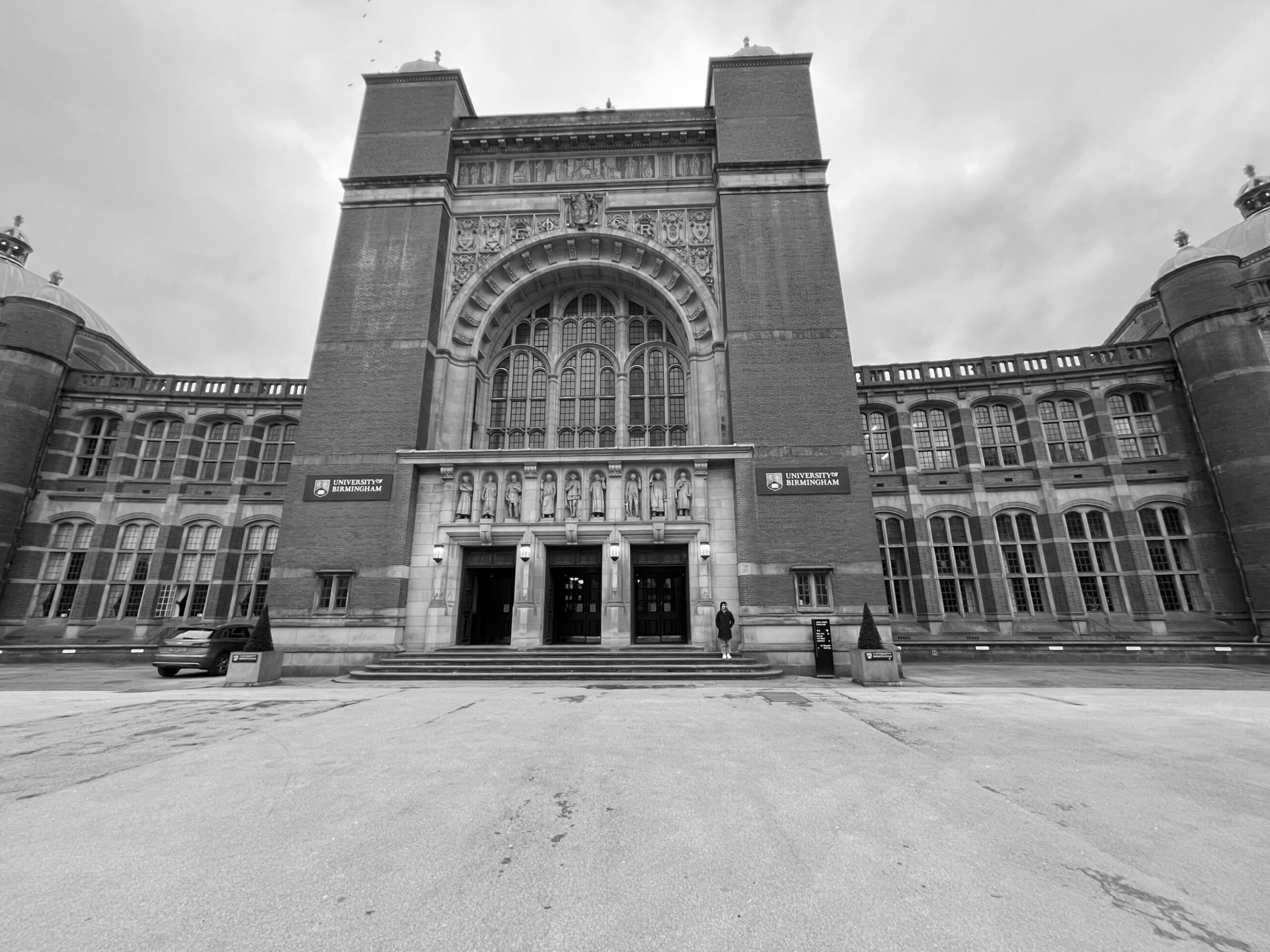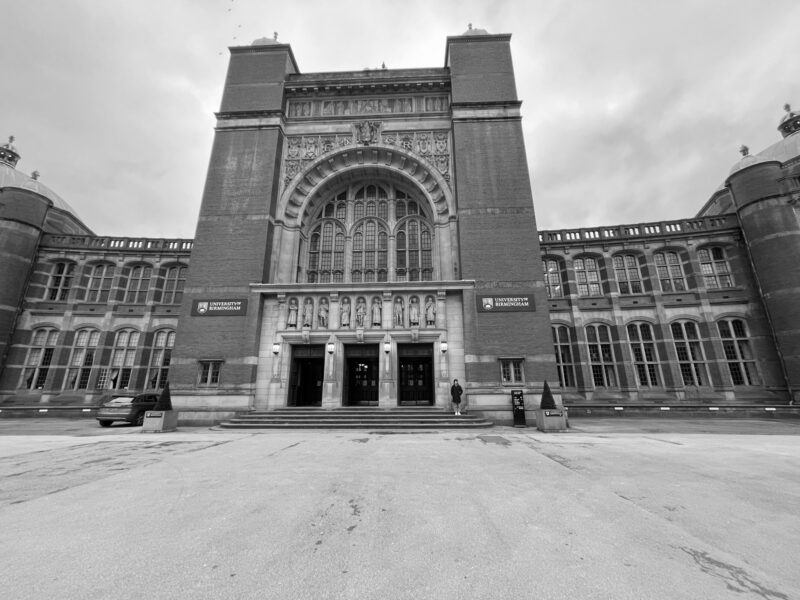Adapting to living in the United Kingdom

Arts contributor Bailey McIntyre chronicles her first weeks living in Britain on her International program

The hard part is over. The moving, the travel, and stress of a new place and new people have turned into a comfortable reality.
I didn’t know that the UK was so different in comparison to Canada until being here for a while. So far, I’ve learned how to cross the road at a ‘path’ without being hit by a car that drives on the opposite side of the road. I’ve also learned a few of the street signs here such as ‘give way’ instead of yield and ‘diversion’ instead of detoured construction zone.
Everyone said it rains here almost every day when I told them I was going to be studying in England. So far, the rain has only hit us a few times.
I have noticed one thing: it never snows. Well, it does, but only rarely. If it does, the snow doesn’t stick to the ground anyway. When I open my window each day I see green grass, which for a ‘winter’ isn’t something I’m used to seeing in January.
I was fearful of facing loneliness and isolation when I came here, which I think is expected when you fly to a new continent.
So far, I have made friends with people from Uruguay, U.S.A, Switzerland, Germany, France, and Australia. Learning how different cultures say different things has been incredibly fun.
You never quite get used to the British accent. Some people speak with less of an accent, while others speak with a very thick accent which I often find myself struggling to understand. I have learned that every area has a different accent that the locals can pick up on.
When I went to Coventry, I ran into a lady from Liverpool at the train station who explained that every area of the UK has different accents and specific opinions on each one. She claimed the London accent was posh and clearly spoken, whereas ones such as the Liverpool and Birmingham were harder to understand and contained more slang that locals would understand better than foreigners.
I asked Lauren, a local Birmingham student in one of my seminars, what my accent sounded like to her.
“It sounds very American. I hear the American accent on television the most and that’s what yours sounds the most similar to.”
I also asked her what people here think of when they think of Canada. “Hockey mostly,” she said with a laugh followed by, “that tall tower we have all heard about too. The one in Toronto.”
Classes at my university in the UK are called modules, and I take three modules for eight hours weekly with one one-hour lecture for each class and one two-hour seminar for each class.
The seminars are similar to labs or tutorials at Laurier, and the lecture style is mostly the same.
The one main difference I have noticed with the lectures is some professors alternate which courses they teach depending on the day. This means that you don’t always know who to expect when you attend a class.
There is always more to learn and many things I still must grasp as I continue my term in England.
As course loads get heavier and campus gets busier, one can only hope the rain falls after I make it to class.


